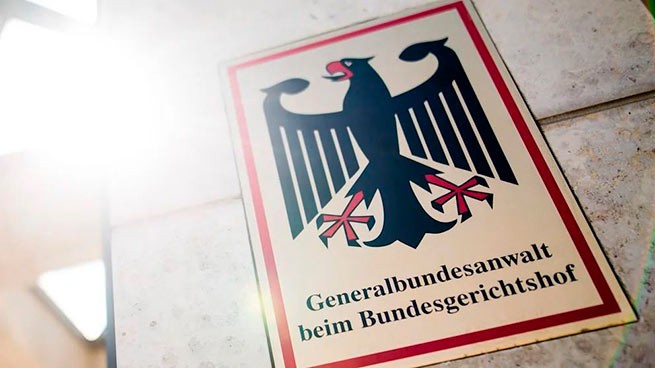Clarifications about Candida auris in hospitals were given in the ΕΟΔΥ circular, informing the public both about what exactly this fungus is and how dangerous it can be for patients.
ΕΟΔΥ clarifies that the transmission of this pathogen is not a public health problem in the community (out-of-hospital environment), while indicating that the registration of nosocomial infections has already begun. According to the president of ΕΙΝΑΠ, Matina Pagoni, 6 out of 10 infected people (data received from abroad) die.
The clarifications from ΕΟΔΥ were given a day after the warning of infectious disease professor Nikos Sipsas. Candida auris is a fungus that has the potential to cause infection in critically ill patients, such as immunocompromised patients in intensive care units with long hospital stays (eg, with catheters).
The fungus infects surfaces in the hospital area, and patients can become carriers of the pathogen after it enters the gastrointestinal tract. Therefore, for the prevention of Candida auris infections, as well as for the prevention of nosocomial infections in general, the following are of paramount importance:
- personnel hand hygiene,
- thorough cleaning of surfaces
- application of good patient management practices.
ΕΟΔΥ, as the body responsible for the epidemiological surveillance of infections in our country, in cooperation with the infectious diseases committees, conducted investigations and assisted in the implementation of restrictive measures in hospitals that reported cases of Candida auris. As a result of the investigation, she proposed a universal surveillance for the spread of Candida auris infection in all hospitals in the country. According to the recent Government Bulletin of the Ministry of Health (1665/07-04-2022), cases of nosocomial infections, including Candida auris, are subject to strict recording (reporting).
In recent months ΕΟΔΥ began an intensive registration of nosocomial infections in our country, after the last two difficult years for health services due to the COVID-19 pandemic. Registration and risk assessment for individual pathogens is carried out in accordance with international protocols of the World Health Organization and the European Center for Disease Control and Prevention.
“In the near future, the systematic accounting data of ΕΟΔΥ will be available to the scientific community and the political leadership of the Ministry of Health for making informed decisions and drawing up national strategies to reduce nosocomial infections in hospitals in the countryincluding Candida auris,” concludes the head of ΕΟΔΥ.






More Stories
Strong Bones: 4 Ways to Strengthen Them
Is mayonnaise so scary? "how they paint him"
Three “innocent” foods that are making you fat